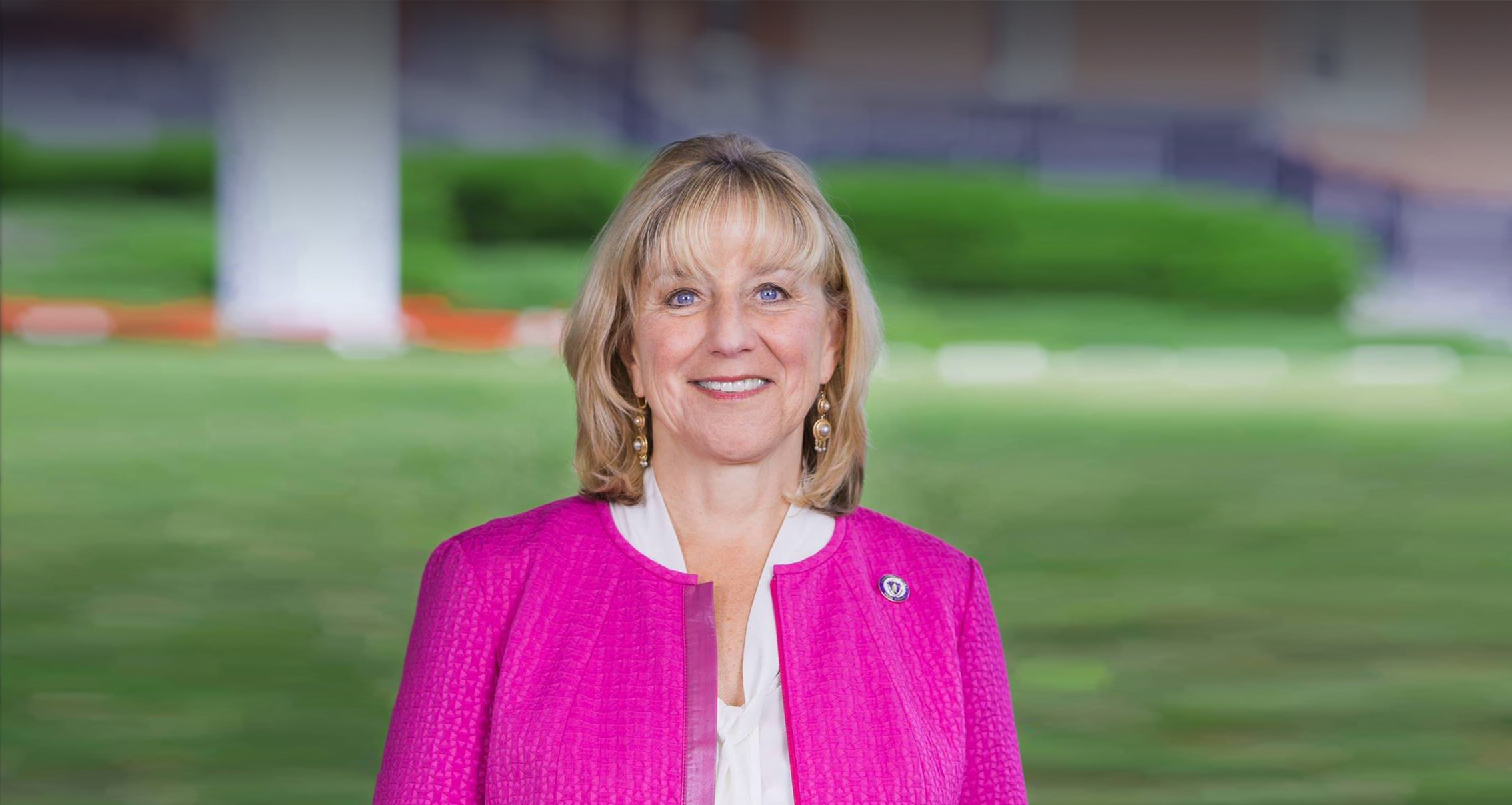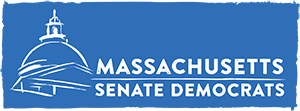Coronavirus pandemic creates opportunities for improving transportation, education, Massachusetts Senate President Karen Spilka says

By Matt Murphy / State House News Service / April 28, 2020
Endorsing the idea of a “phased in” reopening of the state’s economy, Senate President Karen Spilka told business leaders on Tuesday that the COVID-19 pandemic could present opportunities to begin repairing transportation infrastructure and to elevate as a priority early education and child care.
Spilka, an Ashland Democrat, was the featured speaker in a virtual event hosted by the Greater Boston Chamber of Commerce. Forced to lead during an unprecedented time, Spilka said the Senate was working to be as “nimble” as it could be, but like most other people lacked the ability to see all the challenges that lie ahead.
“We don’t have a playbook. We need all of your bright minds to help us plan this going forward,” Spilka said.
Before the coronavirus upended daily life around the country, the Legislature was engaged in serious discussions about how to improve the state’s transportation system, and the House passed legislation to raise the gas tax and borrow $18 billion to support investments in infrastructure.
Spilka said the Senate still plans to pass the borrowing part of that transportation package, and she has asked Transportation Committee Co-chair Sen. Joseph Boncore to work with House Co-chair Rep. William Straus to host a virtual oversight hearing with experts to explore plans to “open” the state’s transportation systems.
“We should use this time, when it is deemed safe to return to work but before we are back to full capacity, to do the much needed repairs to the T, commuter rail and RTAs, so we can get closer to delivering the public transportation experience our residents deserve,” Spilka said.
Spilka said she assumed that social distancing would be a part of life for “at least the next couple of months,” and that working from home should continue to play a big part in how public policy and business leaders think about the future of commuting after the pandemic. With fewer people driving, Spilka said now is the time for the House to pass the Senate’s climate change bill to capitalize on momentum toward achieving the state’s emission reduction goals.
“I believe this gives us an unexpected opportunity to lay the groundwork for generation change when it comes to climate change,” she said.
With millions of parents working from home during the public health crisis, Spilka said it also has become clear how difficult it can be for a single parent or a household with two working adults to juggle jobs and child care. She said she has spoken with U.S. Sen. Elizabeth Warren about how child care is as important as public transit, roads and bridges in getting people to work.
“And so I’m hoping we can use this moment of increased awareness of the importance of reliable, quality child care to raise it higher on our priority list,” Spilka said.
Gov. Charlie Baker on Tuesday extended his order keeping non-essential businesses closed through at least May 18, but a previous order will keep day care and early education centers closed until the end of June. Baker said the timing of day care centers reopening will be looked at by an advisory committee led by Lt. Gov. Karyn Polito that he has appointed to develop a plan for reopening the economy.
Acknowledging the deep financial strain Massachusetts will face coming out of this crisis, Spilka said government is going to need the support of businesses to make an impact.
“To be clear, the state will not have the capacity to fully fund universal early education and care on our own given our current budget situation, no matter how much we may want to. So, in the same way that we have partnered in the past on issues of importance to all of us, including transportation, climate change and mental health, I am hoping that we can begin a conversation on convening a public-private partnership to address our early education and care needs,” Spilka said.
With the House moving this week toward a system for virtual voting that could allow it to take up more complicated pieces of legislation in the future, Spilka did not offer a blueprint or a timeframe for when the Senate might take similar steps. A method for virtual voting will be necessary for the Senate to take up certain bills like a state budget for the fiscal year that begins on July 1, or the $18 billion transportation bond bill, which Spilka listed as a priority.
“We have a quorum if you want to get some business done on the call today,” Greater Boston Chamber President Jim Rooney joked at the start of the event.
The emergency rules that House Speaker Robert DeLeo hopes to pass on Wednesday would extend the deadline for the House Ways and Means Committee to report an annual budget bill to July 1.
Spilka said she did not yet know what the process for passing a budget would look like, but she did not rule out the Legislature resorting to one-month budgets or extending formal sessions beyond the July 31 deadline in the joint rules.
“We’re considering everything,” she said.
While the Legislature and governor over the past five years have built up the state’s “rainy day” fund to $3.5 billion, Spilka said she’s hopeful that the state can get through the final two months of fiscal 2020 without tapping those reserves or making cuts to spending.
She said that by “making some changes and using Medicaid funds,” state budget officials may be able to wait until fiscal 2021 to start using the reserve money.
“The funds there have to be used judiciously. There’s only one amount there and it’s going to take a long time to replenish whatever we use,” Spilka said.
The top Senate Democrat also said Massachusetts was going to need more support from the federal government to get through the economic meltdown and health impacts from the pandemic.
“So far, we know we need more support for our small businesses — after pushing our federal delegation in the past two weeks, I’m glad that the recently-passed federal stimulus bill included more funding directed towards minority- and women-owned businesses, as well as rural and small businesses. But there will be more small businesses that will fall through the cracks,” Spilka said.
She also said the federal government should be doing more to supply states with personal protective equipment.
